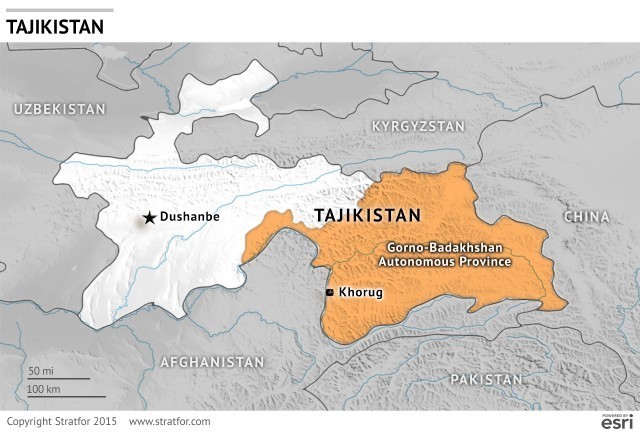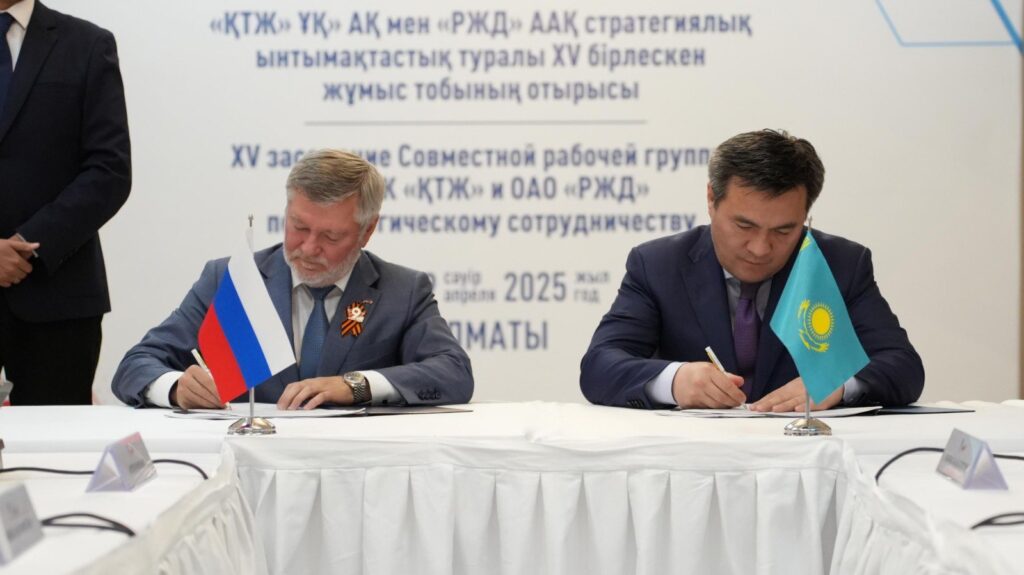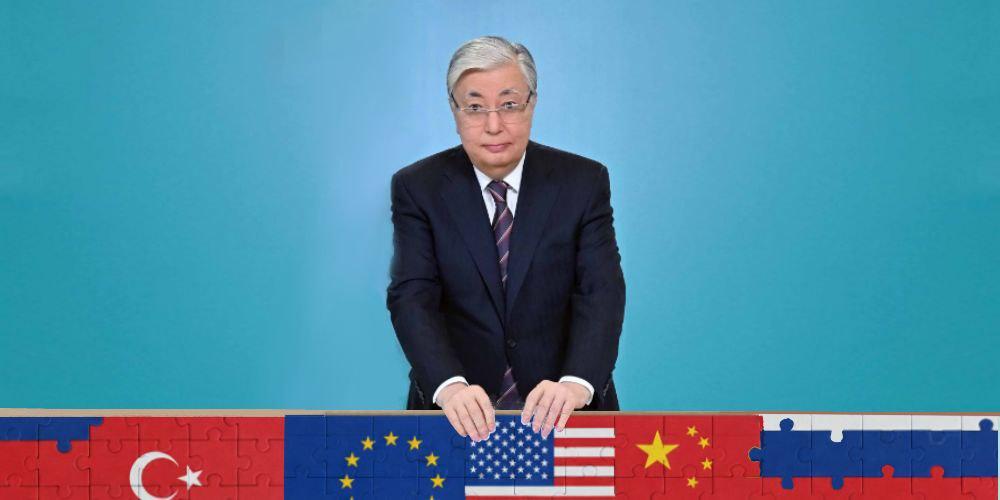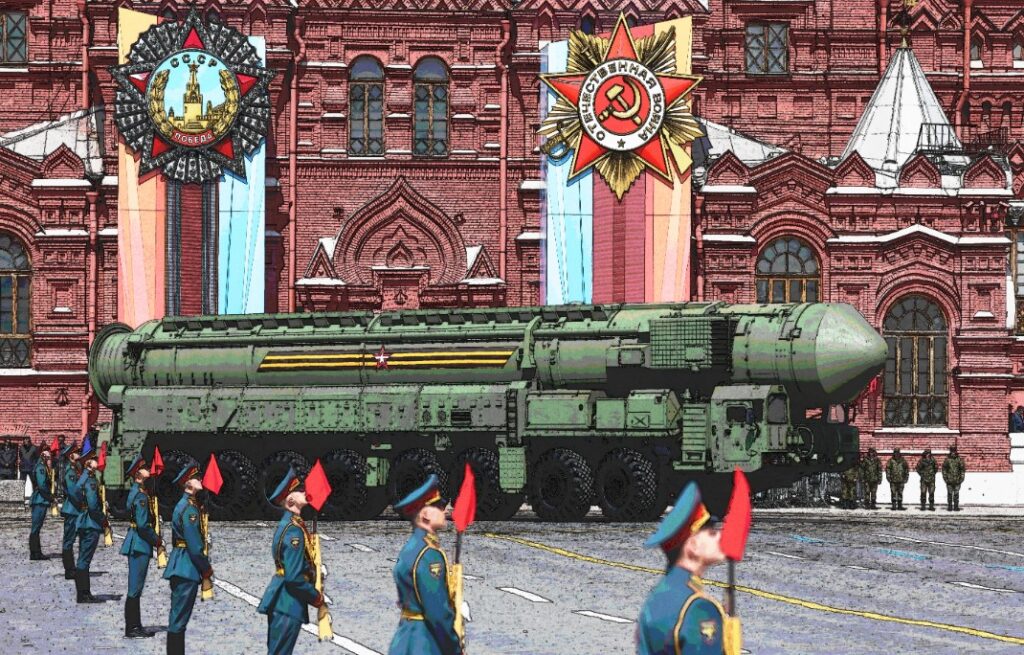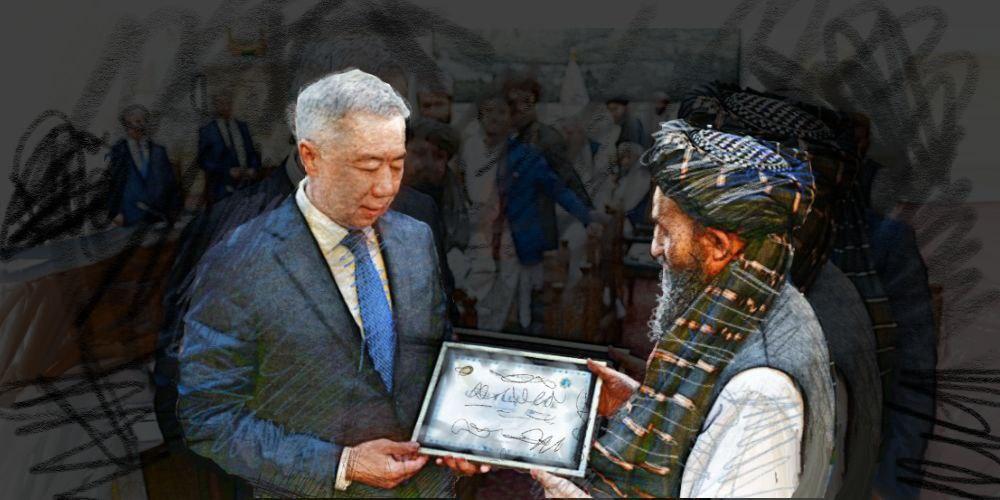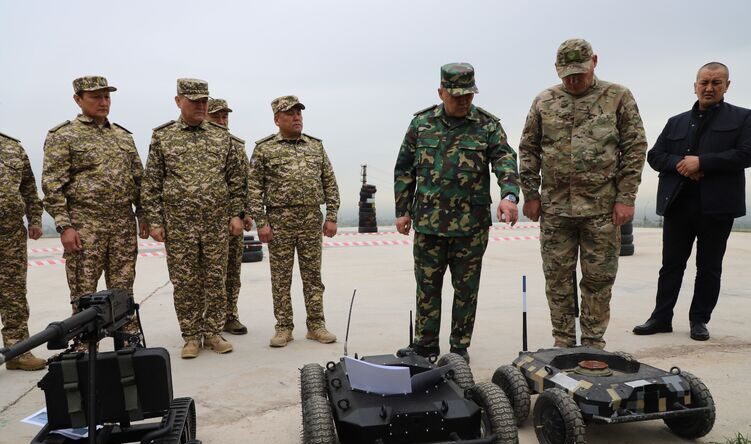DUSHANBE (TCA) — Both Russia and China have security interests in Tajikistan’s areas bordering Afghanistan, and that is being used by Dushanbe for its political goals. We are republishing this article on the issue, written by Chris Rickleton, originally published by Eurasianet:
Tajikistan and Russia are holding military drills in Tajikistan’s Gorno-Badakhshan Autonomous Oblast, Russia’s Defense Ministry has said, signaling a possible response to China’s security interests in the mutinous region.
Military drills, whether organized bilaterally or under the auspices of the Collective Security Treaty Organization, have become fairly regular occurrences in Tajikistan ever since U.S.-led coalition forces began winding down their presence in Afghanistan in 2014. According to a Russian defense official cited by Tajik news agency Asia Plus, some 10,000 soldiers from Tajik armed forces and Russia’s Tajikistan-located 201st military base will take part in a four-day exercise starting on July 17.
But the choice of location is curious. These Russian-Tajik drills have typically taken place close to the Afghan border, in Khatlon oblast, which is more easily reachable from the Russian base south of Dushanbe.
Beijing may be the reason for this switch.
GBAO, which is the only Tajik province that abuts Chinese territory, was also the site of large-scale military maneuvers involving the armed forces of China and Tajikistan in 2016.
According to an International Crisis Group report from March, which cited local residents as its source of information, China has recently “built an installation in a remote corner of the oblast, near both Xinjiang and the Afghan border.”
A Chinese security presence in this part of the country “could needle Russia,” the report said, attributing the creation of the alleged facility to Beijing’s fears of Uyghurs returning home after fighting alongside militants in Iraq and Syria.
China seldom provides any sort of official clarification on security matters and earlier this year it denied reports that it plans to build a military facility right over the Panj river in Afghanistan’s Badakhshan. Afghan officials say otherwise.
ICG suggested Beijing “communicate more clearly its concerns and interests in the region” in order to avoid unnecessary tensions.
But if Russian fears over a potential threat to its privileged interests in Tajikistan spring from the Chinese penchant for silence, then China in turn might well fear that the Kremlin is saying one thing and doing another regarding Afghanistan, where Beijing has grand economic plans.
This is certainly a concern for the United States, whose top-ranking military official for that country in March accused Russia of ferrying arms, via Tajikistan, to the Taliban, in an effort to undermine Washington. Moscow lambasted these accusations as “idle gossip.” Tajikistan likewise bristled at the claims.
“Tajikistan has never recognized the legitimacy of the Taliban movement,” the Foreign Ministry in Dushanbe said in a statement.
If the two countries have come to an understanding with the Taliban, then it may mean – regular Tajik reports of cross-border clashes not withstanding – that Dushanbe is less bothered by the militant group’s gains in Afghanistan’s northern provinces than it lets on.
But there is at least one reason that Dushanbe will be happy that the exercises focused on warding off a potential incursion are taking place in GBAO.
As noted in the ICG report, central control of the eastern region populated by ethnic and religious minorities is “tenuous at best.” Major clashes there in 2012 between government forces and regional power-brokers whose loyalty to Dushanbe is in perennial flux may have left dozens dead on both sides. It is uncertain to what extent the confrontation succeeded in bolstering the center’s authority over GBAO.
For Tajikistan then, these drills are a useful message to GBAO’s occasionally restive population: the chronically weak government has two powerful friends.
